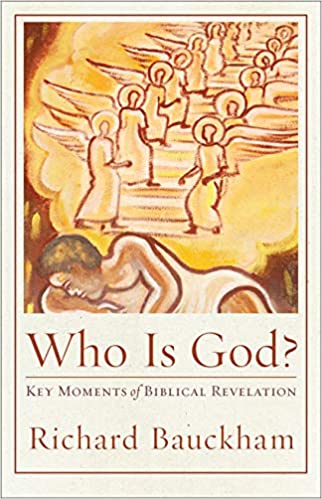BEN: One of the repeated themes that comes up in this book is God’s freedom, freedom to reveal himself when he wants, how he wants, where he wants, to whom he wants, and perhaps most importantly the necessity for God to do so if humans or a collective group of people are to have any sort of personal relationship with the Creator of all things. Explain if you will why this particular emphasis was so important for this project?
RICHARD: I think it was at least partly because in the key texts I highlight in Chapters 2 and 3, God is concerned to make this point at the same time as he reveals his Name and his character (Exod 3:14; Exod 33:19). We mustn’t understand revelation to mean that we have got God nicely summed up, so that we can now understand everything he says and does or so that we can “calculate” his behavior. That was the error of Job’s friends, who took the maxim of the wisdom tradition (sin has bad consequences) and made it an iron rule: Job is suffering badly so he must be a great sinner. They know exactly how God always acts and cannot allow an exception. But the biblical God can surprise us. He can puzzle us. I don’t mean that he behaves in an arbitrary way or on mere whim. It is rather that we cannot expect to fathom his reasons. There is a necessary distinction between knowing God and understanding God.













